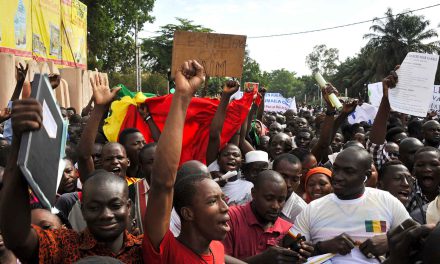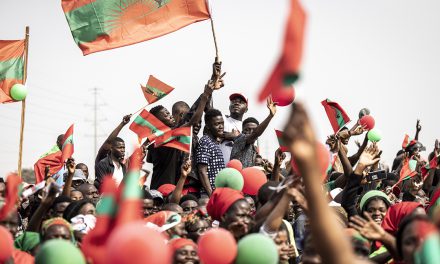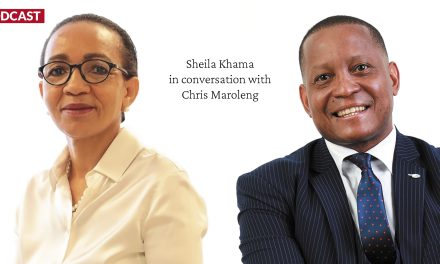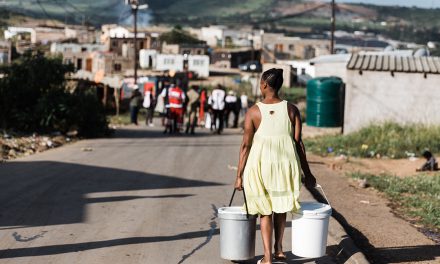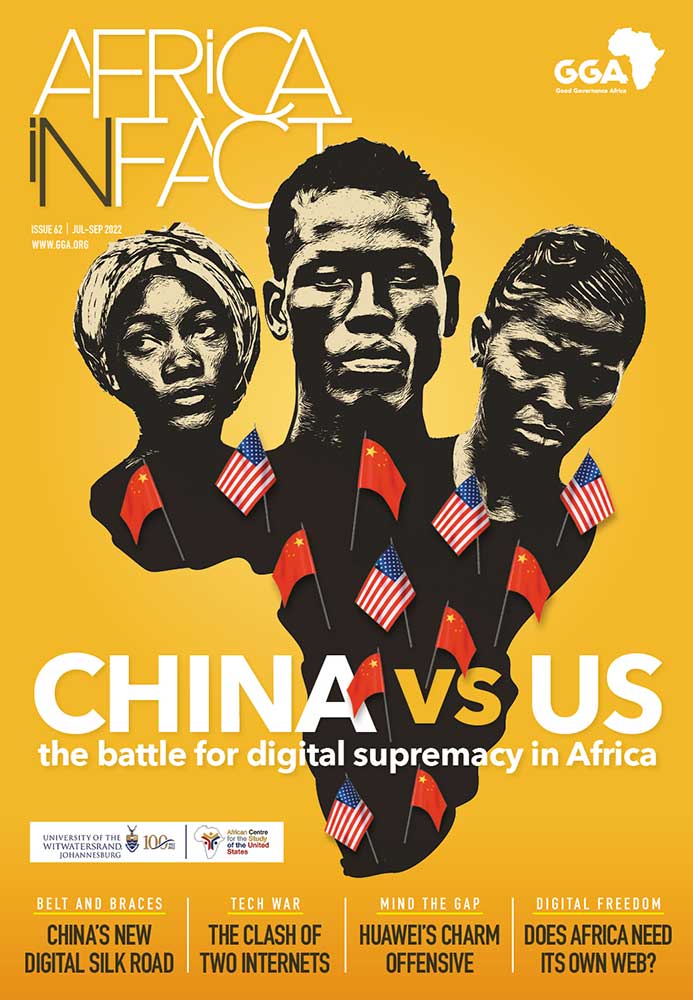While we wait for the official results to be verified and released, the following will provide a summary of events that took place on election day in Zambia.
Introduction
For the 2021 Zambian elections, there were over 7 million registered voters. The day passed largely peacefully, with some reports of isolated incidents of violence. There was a significantly high voter turnout, which caused some delays. On the day of voting, the ruling party, the Patriotic Front (PF), and the leading opposition party, the United Party for National Development (UPND) seemed confident of victory at the polls. Election results are expected to be announced on Sunday 15 August 2021.
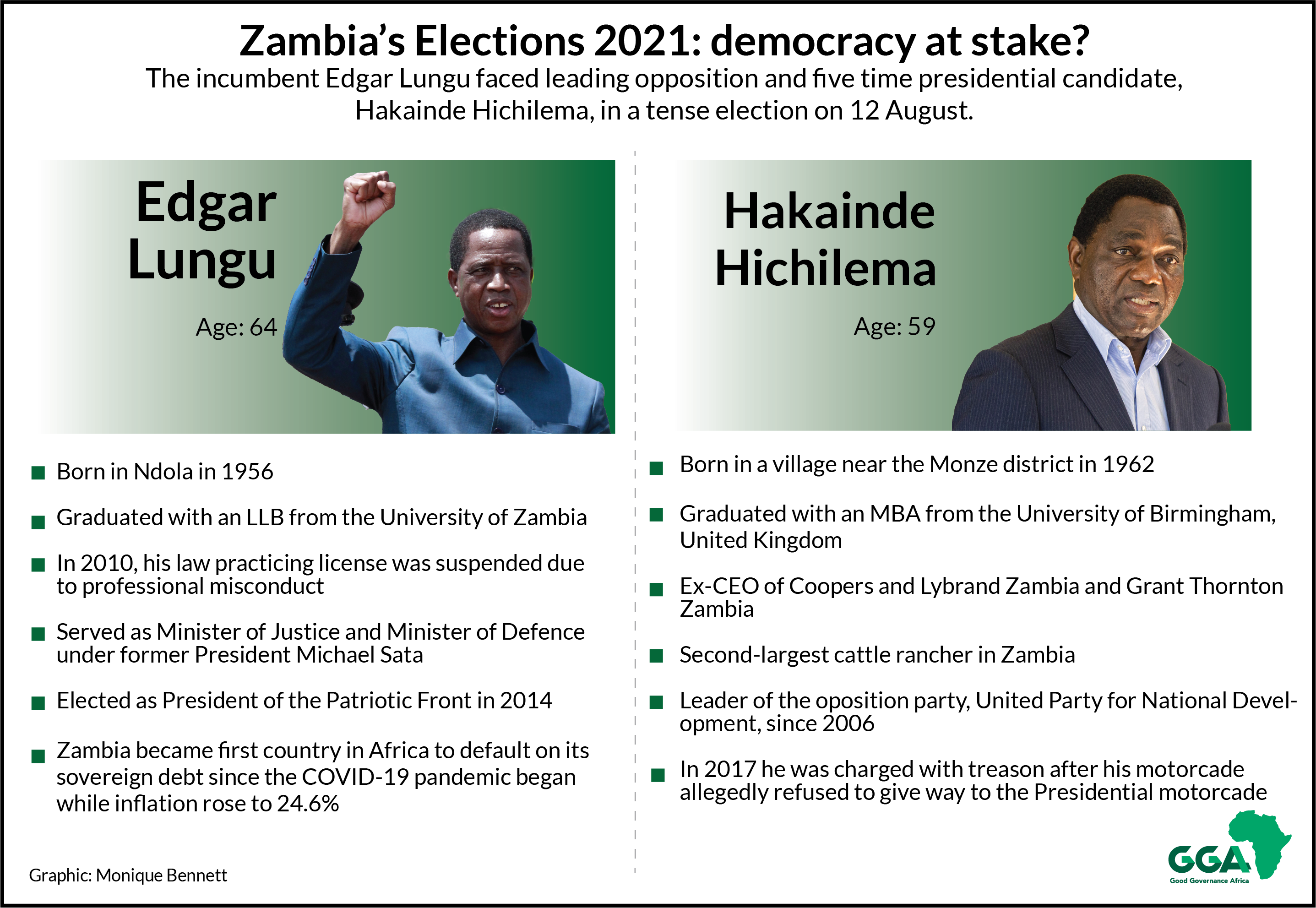
Polling Stations
- Over 12,000 voting stations opened across the country at 6am (04:00 GMT) on 12 August 2021 and closed at 12 hours.
- Incumbent President Lungu cast his vote early in the morning at a school in Chawama, a neighbourhood in the capital Lusaka.
- Certain centres around Kitwe and the University of Zambia, amongst others, witnessed an unusually high voter turnout. Given the lengthy queues, there were calls for additional officials from the ECZ to speed up the process.
- Another factor that was cited as slowing the voting process is the recently introduced biometric verification system. The system was initially intended to enhance the electoral process by facilitating effective voter registration and identification. However, on the day it seemed to add a layer of frustration due to slow implementation.
- Women with nail polish were instructed to remove it or be turned away from the voting station. It was claimed the nail polish gave inaccurate identification voting markers. This slowed down the queues considerably at some polling stations.
Election irregularities
- Claims were made concerning the presence of an individual who was caught at a polling station before voting had officially commenced, with completed ballot forms in favour of the PF.
- Another social media post by @PacheduZW shared a video of a car allegedly carrying pre-marked Lungu ballots and was intercepted.
Internet partially shut down and slow telecoms
- Reports related to the internet being partially shut down, with global observatory NetBlocks confirming that “social media and messaging platforms including Twitter, Facebook, Instagram and Messenger are now restricted”.
- Reports of WhatsApp being blocked in the country were received from about 2pm. As an alternative, people resorted to using VPNs to continue communicating via WhatsApp, which enjoys wide use in the country and other social media platforms.
- NetBlocks reported on 8 August a nation-wide power outage impacted telecommunications which reduced national connectivity to about 75% of ordinary levels. The opposition feared that this would persist on voting day, as a form of silencing, however there were no reported black-outs on election day.
Election security
- Data clerks who receive information from observers at polling stations across the country asserted that most stations were peaceful.
- The government deployed the military last week in an attempt to prevent violence on voting day. On election day, citing outbreaks of violence, the President reinforced troops in three provinces. The opposition claimed this was exaggerated and an attempt at intimidation.
- President Lungu official Twitter account tweeted about reports of ‘mayhem’ being witnessed in the Western and Southern provinces and issued a statement on the murder of two of his party’s officials.
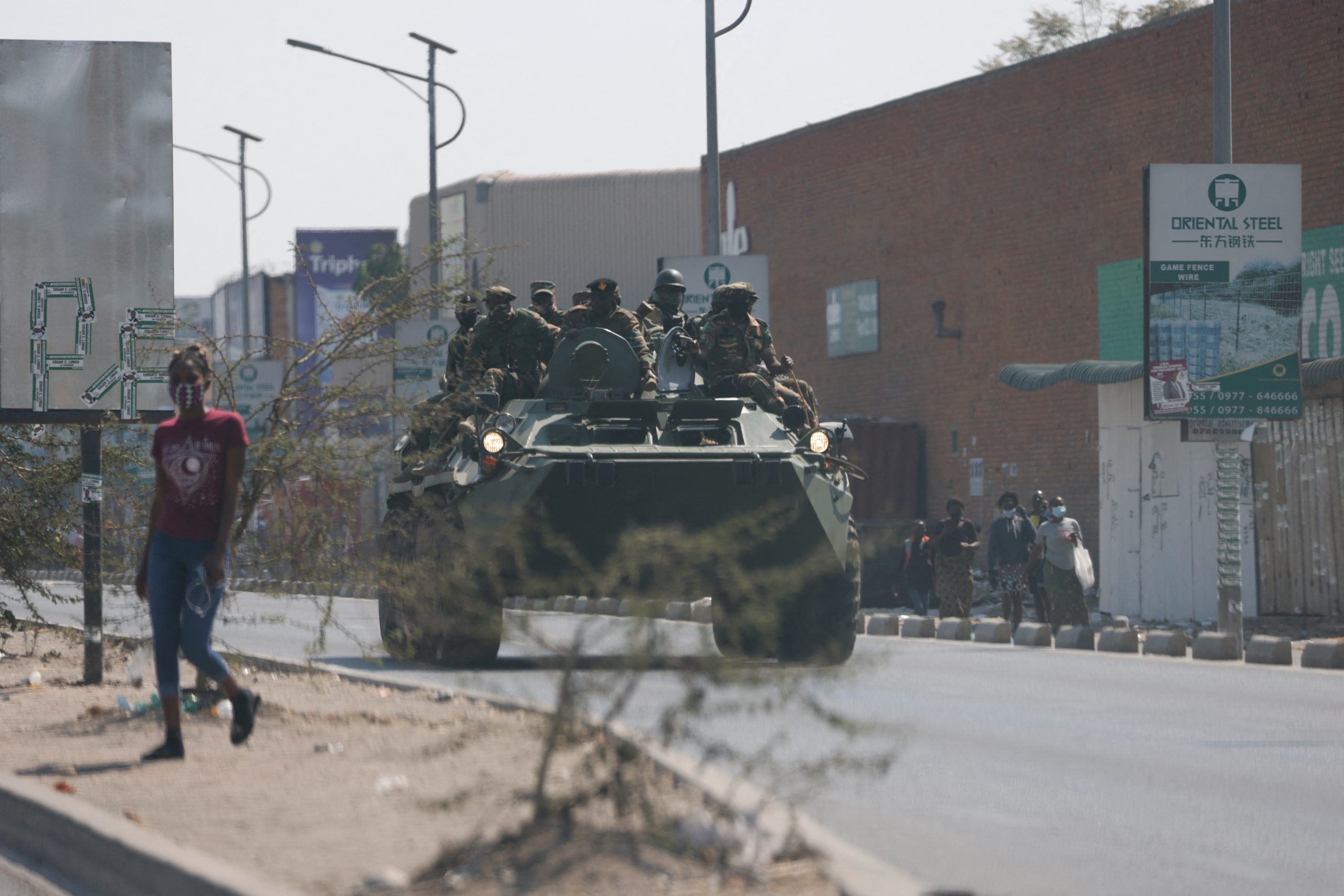
A Zambian army armored personnel carrier patrol in Lusaka on August 13, 2021, as vote countings are underway in Zambia after a hard-fought general election that saw social media throttled in the capital and current President send more troops to three provinces to quell violence. (Photo by Marco Longari / AFP)
Regional and International Observer reports
- The Southern African Development Community (SADC) made the decision not to physically deploy observers due to the COVID-19 pandemic but instead adopted a virtual approach of consultations with key electoral stakeholders. Botswana President Dr Eric Masisi, who is Chair of SADC’s Defence, Politics and Security Organ issued a statement which remarked “SADC further calls upon all stakeholders, particularly political parties, to make use of the established legal institutions in the event of any electoral dispute”.
- The Common Market for Eastern and Southern Africa (COMESA) reported a strong turnout and mostly peaceful voting across all polling stations.
- The Commonwealth observer mission observed prisoners casting their ballots at correctional facilities who were previously unable to vote. They reported that more polling stations were opened to ensure COVID-19 protocols could be followed during voting.
- The AU plans to hold a press conference on Saturday 14 August to provide a preliminary statement on their election observation. Head of the African Union Observer Mission and Former Sierra Leone President Ernest Bai Koroma remarked that there were no violent incidents a few hours into voting. Moreover, Koroma called for peace to continue after polling and for the outcome to be respected.

